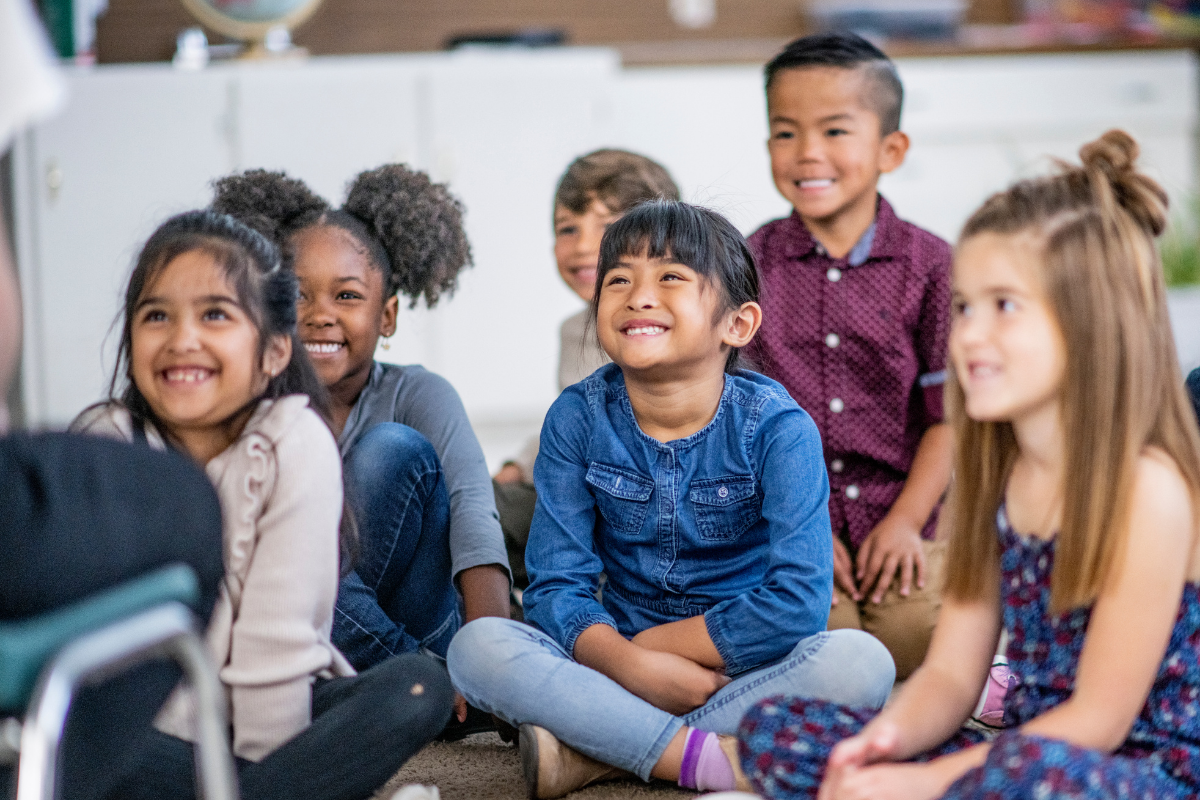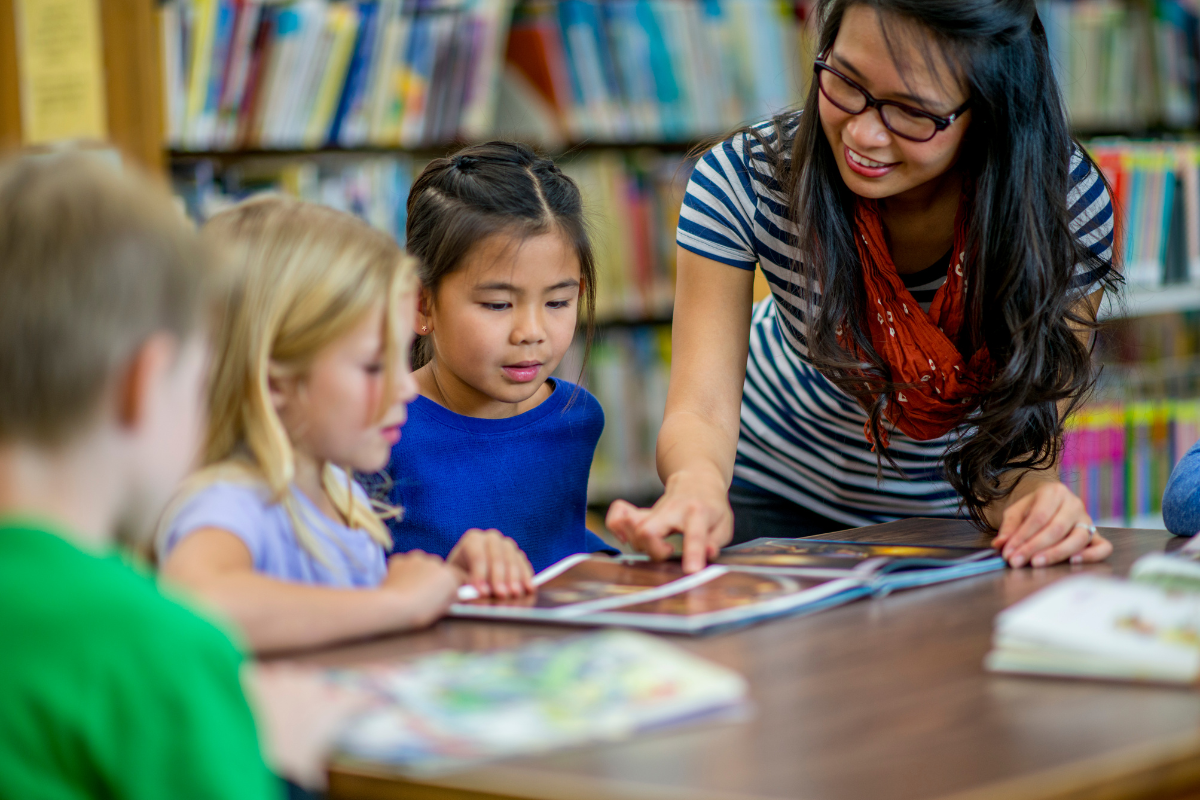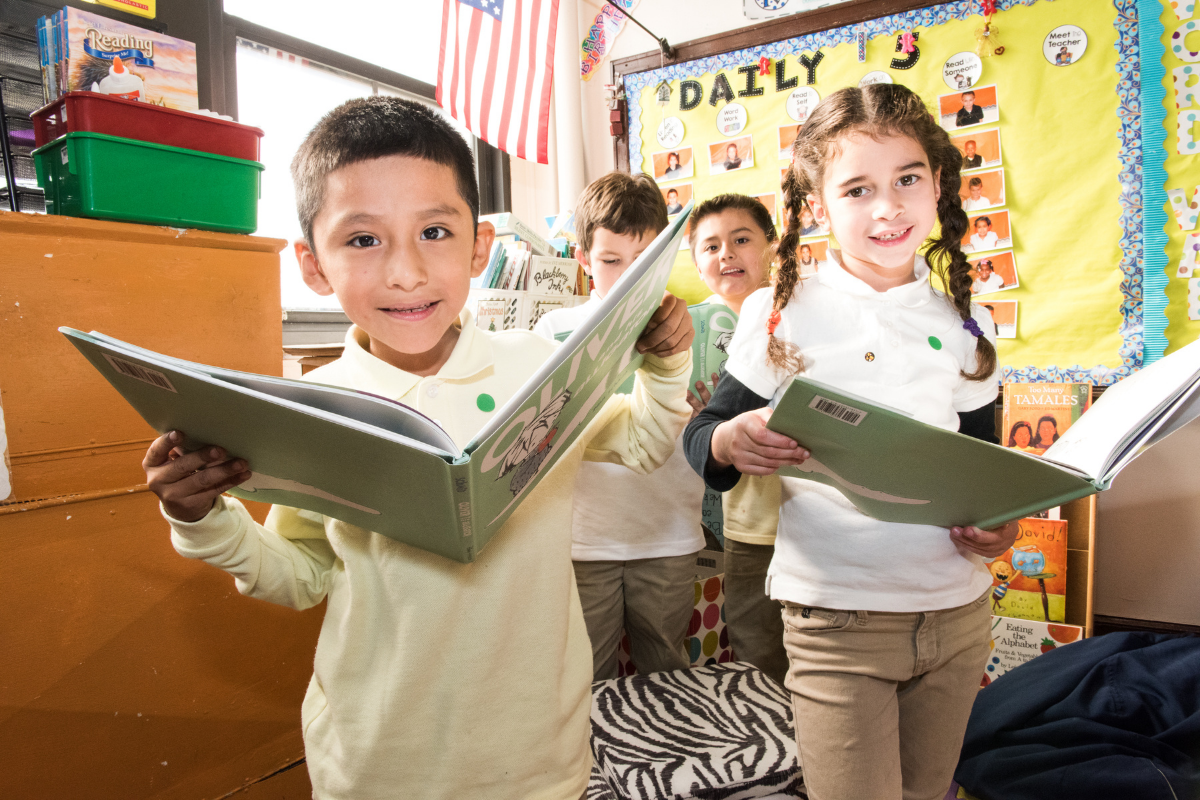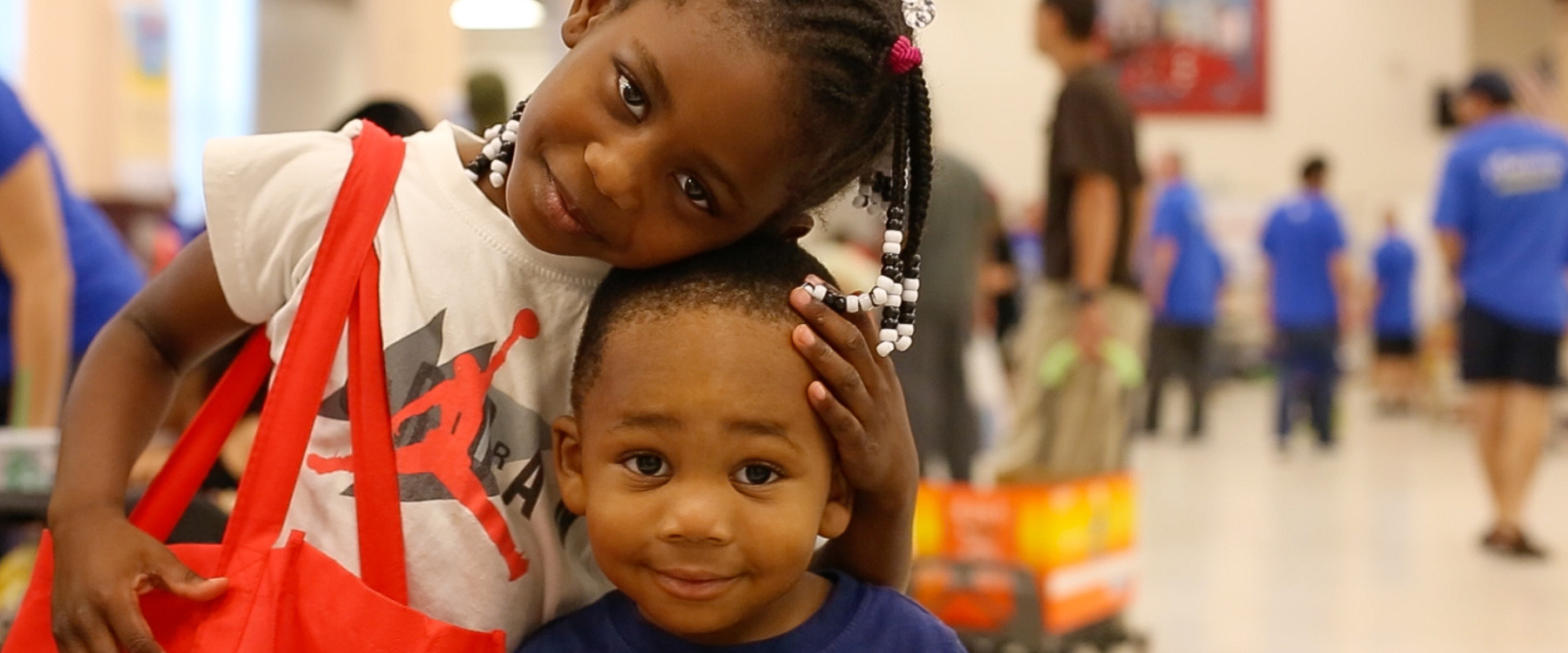
Back to School
Resources for a Changing Classroom





The Educational Landscape
The past few years have brought about new ways of remote learning and engaging with students and families. Pre-existing disparities in education were exacerbated by the COVID-19 pandemic, highlighting disconnects for all educators, but especially those working in Title I classrooms and under-resourced programs.
New Tools & Resources
First Book continues to focus on the feedback of our Network, responding with tools and resources they can use to ensure a continued education in spite of the wide cast uncertainty. We will continue to work with our partners to expand resources focused on mental health support, educational equity through changemaking, and literacy rich classroom libraries.





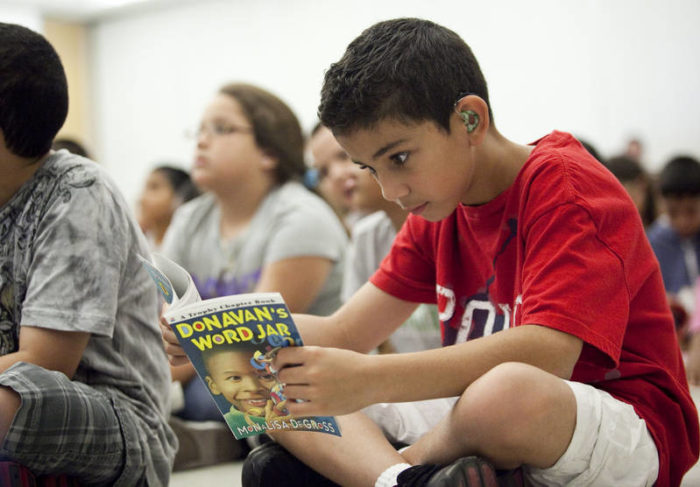

Building Literacy Rich Classrooms
78% of educator respondents found the questionnaire very or extremely useful in terms of helping them understand what makes a library or reading area “literacy rich.”
Until now, educators have lacked a tool to guide and assess the quality of their classroom libraries. In response, First Book partnered with Susan Neuman, an early childhood literacy expert and researcher, to develop metrics to define literacy rich environments, answering the question, What does a literacy rich environment look like?
The goal of this research – including a literature review, field research, and a quantitative survey – was to field test the new tool with educators of children in low-income communities, identifying ways to refine the checklist, and enable educators participating in the survey to evaluate their current classroom libraries to determine if they are literacy rich. The resulting tool, the Literacy Rich Classroom Library Checklist, is meant to guide the development and evaluation of classroom libraries, by identifying strengths and areas for improvement. This checklist allows individual educators to evaluate their own classroom libraries in terms of equity and diversity and can be used as a tool to advocate for additional resources.





Student Mental Health Resources
85% of educator respondents believe that supporting student mental health in their class/program is a high or emergency priority.
The pandemic has had detrimental effects on children’s mental wellness, both in terms of adding new challenges and worsening existing ones. Educators estimate that more than half (53 percent) of the students they serve are struggling with their mental health. Seventy-two percent of educators say the pandemic has introduced new mental health challenges among students and 65% say it has exacerbated existing mental health challenges.
First Book’s Accelerator resource, Taking Care: Healthy Habits for Student Emotional Wellness, is designed to support educators in the classroom with proactive and responsive tips. The resource also includes tips for educator self-care.
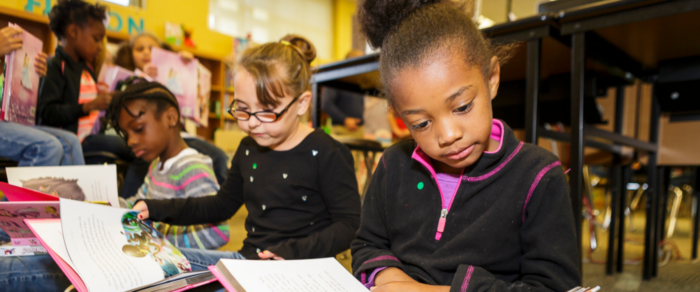






First Book’s Impact
When schools moved to remote learning, millions of children were essentially locked out of their education. First Book, our network of educators, and our amazing partners have been working to ensure no child falls behind.
Resources for a Changing Classroom
Since the beginning of the pandemic, we’ve worked with our partners to provide research and resources to educators, so they can tackle this unique school season from every angle. Browse the First Book Marketplace for free resources.
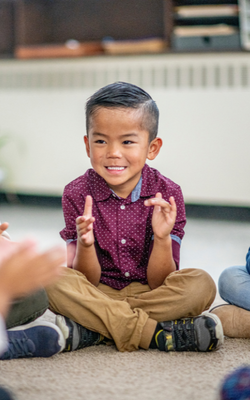

Celebrate Diversity & Inclusion in STEM Calendar
For the 2024-2025 school year, First Book is celebrating the wide world of STEM (Science, Technology, Engineering, and Math). This calendar celebrates STEM subjects and careers and the diverse scientists, engineers, and mathematicians whose contributions have changed our world for the better. Throughout the calendar, you will find themed months, religious observances, dates with cultural and historical significance, and STEM-related events and celebrations.
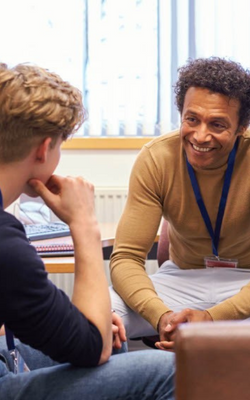

Support Strategies for Educators
This resources offers advice and best practices from childhood grief experts to guide you in offering invaluable support to students and families.
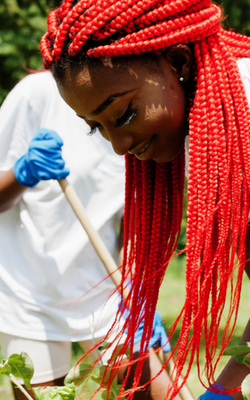

Time for Change
An initiative designed to further educational equity through changemaking, that includes a new resource for educators that suggests practical ways to inspire students to become changemakers.
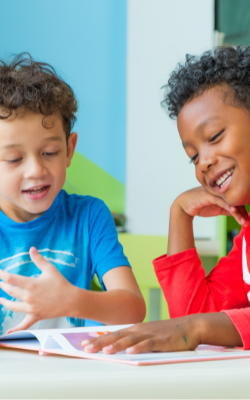

Stories for All Project™
New, relevant, high-quality books representing diverse characters, voices, and life circumstances that are made available and affordable to educators supporting kids in need.
Prep Your Classroom for Today and Beyond
Explore selected articles for how educators can prep their classrooms for today and beyond.
